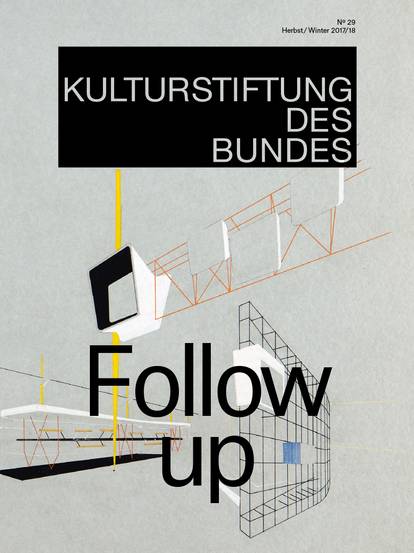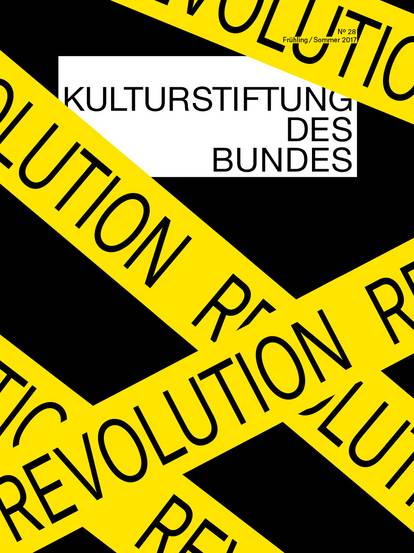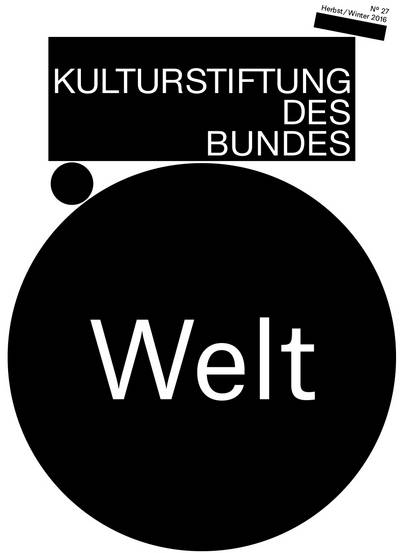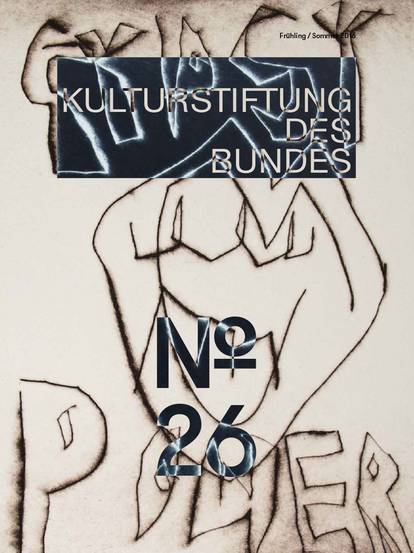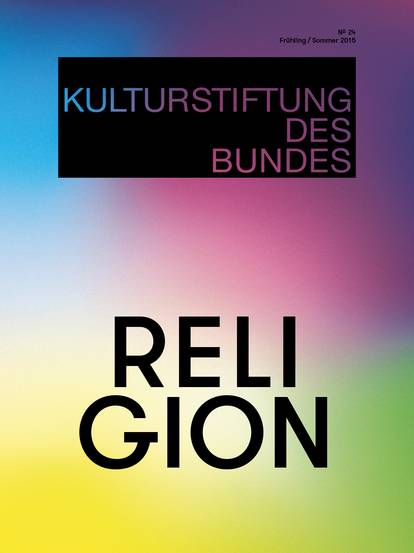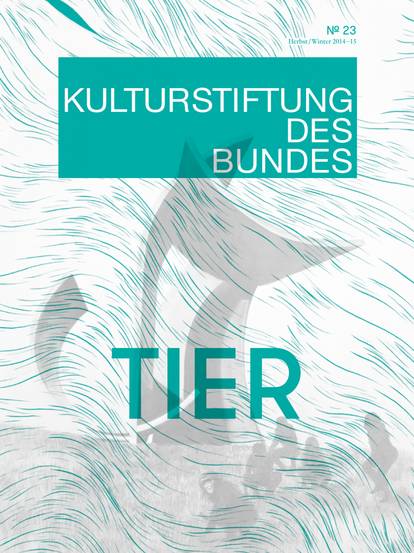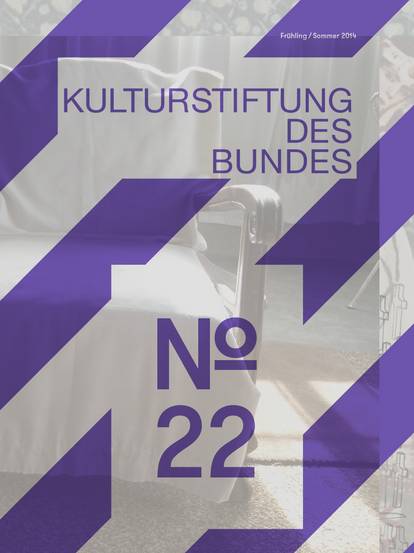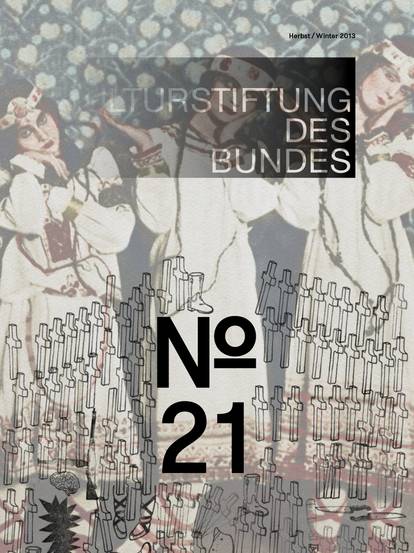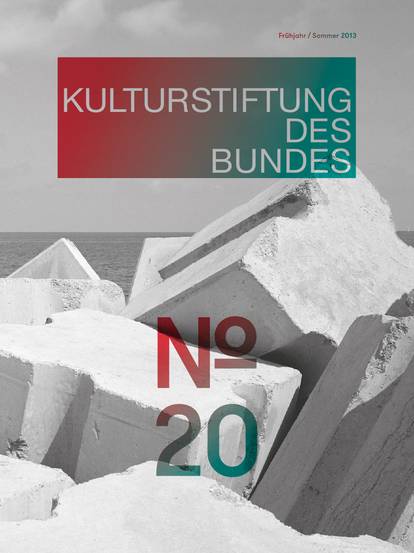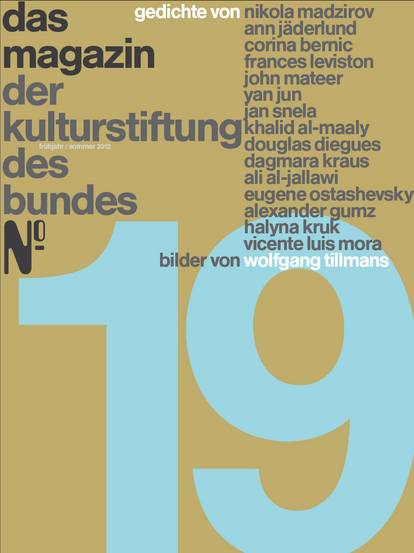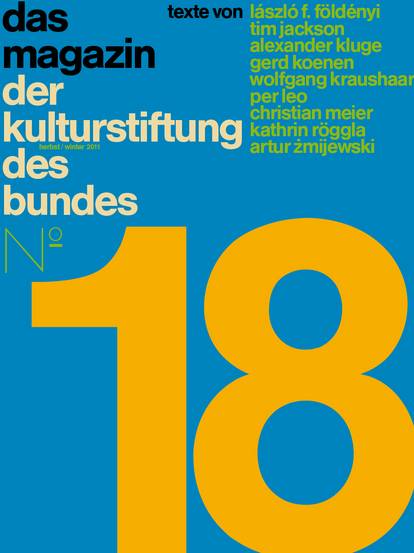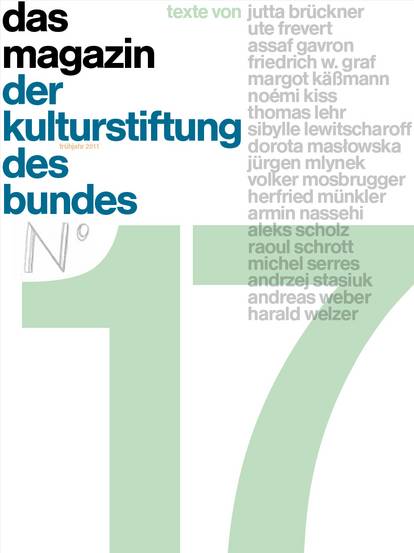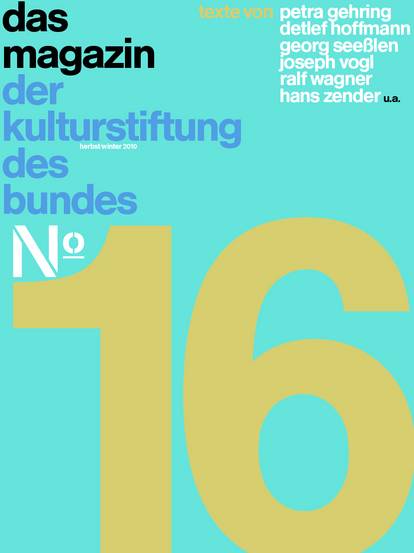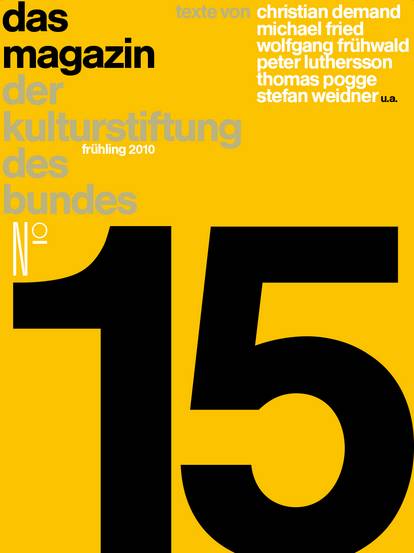In the Soviet Union, the writer Evgeny Schwartz was considered a teller of fairy tales, and it was perhaps this circumstance – while his friends and contemporaries were censured and executed one after another – that enabled him to survive, that is, to live until his natural, not prematurely inflicted death. He wrote popular plays about dragons, naked kings and bears which one might have taken for light entertainment – or at a closer look, one might have discovered between the cracks and gaps in the text the subtle, pointed allusions to the rapidly darkening political reality of the times, perhaps even the darkness in himself, lying in wait to ambush the reader. In 1940, Schwartz wrote a story that would later be included in almost every reading book. Its title, Tales of the Lost Time, sounds surprisingly Proustian, but its narrative is straightforward: Evil sorcerers steal the time allotted to children in their childhood, turning them into wrinkly, old people. The sorcerers become children, who once again enjoy a carefree life between ice-skating and slacking off on homework. In order to retrieve what has been stolen from them, the heroes must turn back the hands of the clock seventy-seven times to when the children were still children and the villains were old sorcerers.
The conservative shift we have been seeing recently has no uniform face, but if it did, it would be the face of such a rejuvenated sorcerer: unnaturally childlike, with dimples and blond curls, a face from an advertising poster, chimera of a strange futuristic fantasy from a time when Schwartz wrote his story and Auden, from across the ocean, realised that Europe had suddenly joined the ranks of the darkened lands of the earth.
For a long time, it seemed as if this face had disappeared forever. The post-war world – and in this point, the West and the Soviet Union, Europe and America hardly differ – was committed to learning from its past mistakes and building a system which would prevent it from repeating them in the future. Professorships and school classes, generations of intellectuals, all of the powerful machinery of culture worked on this “Never again!”. Remembrance, knowledge, vigilance – these were the watchwords of the hour.
About a year ago I attempted to identify the causes of Russia’s development in recent years, those altered modes of perceptions (in the sense of Sontag’s “sensibility”), which had made everything possible: the silent majority behind Putin, the war in Ukraine, the politically-motivated trials and the never-ending festivities organised throughout. At the time, it seemed to me that the events in Russia were an extreme case which could not be reproduced under different conditions, and therefore, were quite instructive. The basic features of world perception which I tried to grasp appeared very heterogeneous and in their combination, oddly consistent. These were the lingering character traits of a society that had been shaped by an unimaginable history of violence lasting over a century. This specific Russian trait – namely that the trauma cannot be reduced to one borderline experience, but is a chain of such experiences, each of which leads to the next and deepens its severity, a kind of corridor of permanent pain – seems extraordinary to me still.
It is all the more peculiar and bitterly ironic that one year later we find the same traits in the rhetoric and political practice of countries we had only recently regarded, if not as models, then at least as variants of the norm – in the sense of lifestyles held together by the invisible web of an ethical code. Now I see the familiar hybrid pattern here too, the pairing of irreconcilable viewpoints, the inconsistency, the hasty switch of strategies and solutions, the twisting of facts for the purpose of stirring emotions. Even the staginess, the artificiality of it is familiar. One invokes non-existent precedents, traditions invented out of thin air, and phantoms portrayed like objects of vibrant nostalgia. One claims possession of foreign lines of discourse with no consideration of context or meaning. Truth and lies, good and bad, black and white are mixed together in this logic, blend into one another seamlessly. And all of these truths and untruths speak a language of yesterday. The key word in the slogan “Make America great again” is not the word “great”, but “again”. Imagining the future is not on the agenda, but rather dreaming of the past.
It’s impossible to localise or even describe this “past” because it is not historical – it’s fantastical. It is mainly characterised by happiness and immutability. Stasis as a national policy was the unspoken goal of Putin’s political project – a project solely oriented on an image of a magnificent past which the regime has tried to cobble together as best it can. Until recently, it was hard to imagine that the charm of political re-enactment could attain global potential. But today, it seems even the desire to return to the world of 1913 is already passé. We have never seen so many dystopian and apocalyptic movies as we have in the last twenty years. And we have fully internalised their message: The future is always worse than the present, and therefore, must not be allowed to happen. We must fight it at all costs, or at least ensure that it resembles the past as closely as possible.
The new perception behind this shift-to-the-right does not normally see greatness or happiness or even security as something we can look forward to. One can neither obtain it nor inherit it, one can only imitate it. The loftiest goal is perfect imitation, an image of the past, free of subsequent layers, of the traces of globalisation, multiculturalism, of every reference to the universal-human character, to the possibility of working together to achieve a better life. For a long time, the world did not respond to the idea of change with such helplessness and trepidation as it does today. The moment should stay – not because it is so beautiful, but because we distrust everything that comes afterward; the only thing we can safely hold on to is the past, the terrain of (presumably) exact knowledge, the reliable models.
All of this forms a comprehensive pattern that has nothing in common with 1917 or 1933. It is not about recasting the world in a new design, but rather barring the door from inside. What is currently happening in Russia, Europe and America seems to have more to do with metaphysics than with politics. The development which I’ve been closely observing and which is changing the map of the world is equivalent to a desperate attempt to fight the march of time, to fight the inevitability of aging and decay.
A world no longer in love with its future has no use for the concept of progress, the incremental movement toward something better. The same applies to the concept of newness – not in the sense of the newest gadget, but newness in itself, something unknown, unsettling, which defines our life in terms of courage and responsibility. Rimbaud’s appeal to “be absolutely modern” no longer has a place in this new perception of the world, or perhaps worse, has drifted into the lifestyle and Instagram spheres and has become a parody of itself.
It seems to me that the “Game of the Past” that so many are playing nowadays is partly a product of high culture of recent decades, engendered from exactly that cult of historical remembrance which aimed to prevent the past from repeating itself. The mere idea of an optimistic project has been so thoroughly discredited by National Socialism and communism; dystopias have taken the place of utopias – the futuristic visions of the post-war era began with Orwell’s 1984, and they continue today in the same vein. Culture saw its obligation as one of learning from the mistakes of the past, and this may have caused us to concentrate on the past far more than the world could handle. I’m referring here to my own, but by no means only personal conduct. The past is of primary interest to too many of us; it is the optical device through which we view the present, and it’s the language with which we talk about the future. It is possible that the cultural scene, which fosters no sympathy whatsoever for Trump or the AfD, shares a common basis with its followers in this point. The fear of the future, the fascinated view of the past, the distrust of the concept of mutual effort – all of this applies to us as well.
In a world that recoils from the unknown, the position of the “other” is superfluous at best, if not dangerous. It is replaced by the preferred object of interest, i.e. our people, “people like us”, the “likeminded” – a gallery of busts and reflections, an entire regiment of patterns and precedents, in which the processes of post-modernism are unexpectedly revived. The “other”, on the other hand, is loathed as something indistinctly foreign, lurking in the dark world outside.
With regard to Schwartz’s story, written on the brink of catastrophe, another detail suddenly comes to mind today. To regain the lost, stolen time one must turn the hands of the clock backwards, seventy-seven times against the current of time and history. The sorcerers have accelerated the time, driven it forward, and in so doing, rejuvenated and refreshed themselves, while artificially aging everyone else. From today’s point of view, from the perspective of that untimely, pitiful age which dwells on memories of better times and which has infected Russia and now Europe, it often seems as if we were moving all too quickly toward the future. For me, one of the most important realisations of the unmodern era lies in the fact that we, the children of history, by trying to turn the clock back, do not gain time, but lose it. If we were to turn back the clock of humanity seventy-seven times, we would find ourselves in 1939. And that is something we must clearly avoid.

![[Translate to English:] Magazine 38](/fileadmin/_processed_/f/1/csm_Magazin38_Cover-Vorschau_921x1230_689f428dc3.jpg)
![[Translate to English:] Magazine 37](/fileadmin/_processed_/b/c/csm_Mag37_Cover-Vorschau_921x1230_b5129fdb2a.jpg)
![[Translate to English:] Magazine 36](/fileadmin/_processed_/2/a/csm_Cover_Magazin36__issuu_2f3cef97bb.jpg)
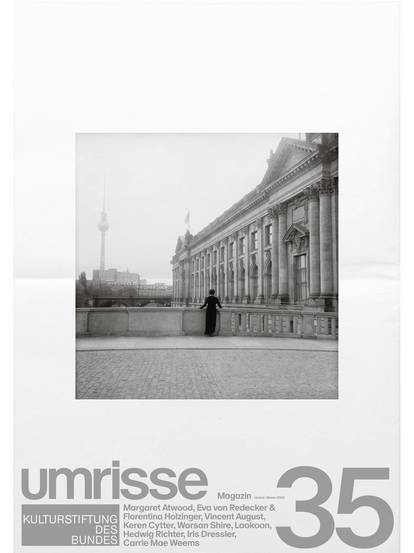
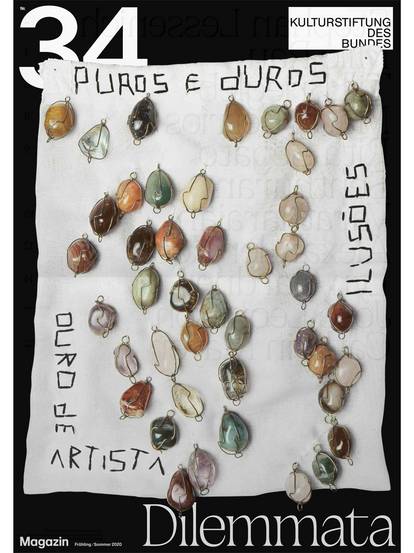
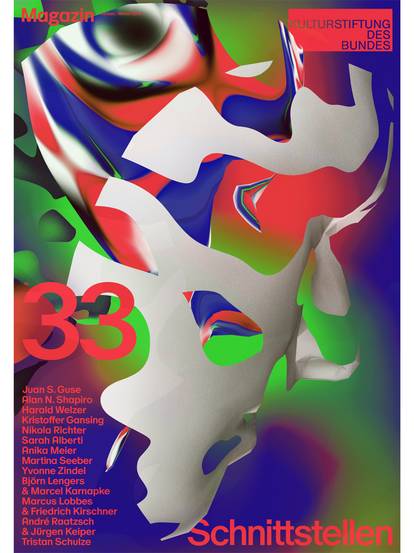
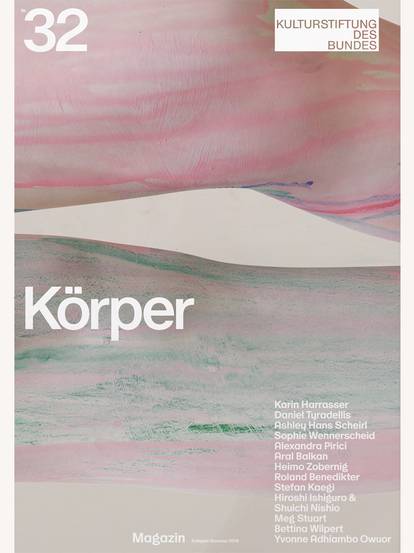
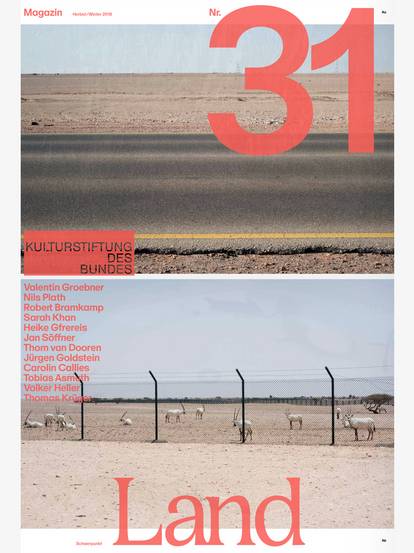
![[Translate to English:] Magazine 30](/fileadmin/_processed_/c/b/csm_magazin30_vorschau_9005f773d3.jpg)
